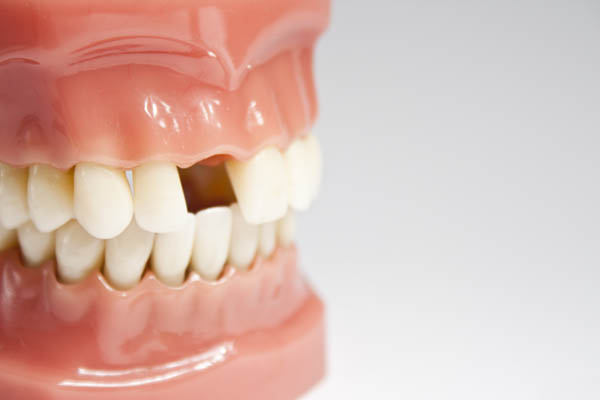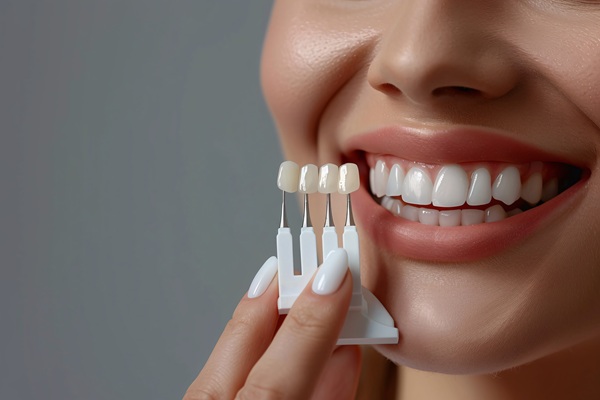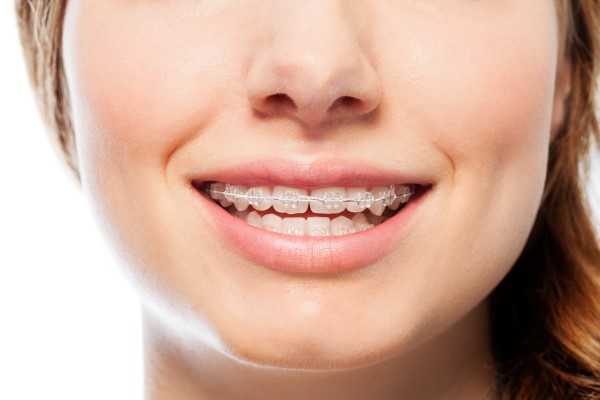Impact of Failing to Replace a Missing Tooth

A missing tooth can affect the aesthetics of your smile, but that is only one of the problems that it can cause. This article will explore a few of the consequences of not replacing missing teeth with appropriate dental prosthetics like dental implants, dentures, or bridges.
Consequences of not replacing missing teeth
A missing tooth can be the result of various things, like severe tooth decay, trauma to a tooth, or periodontal disease. Losing a tooth can be a traumatic experience because it drastically changes one's appearance, which is why some people immediately seek a replacement. However, others opt to keep a gap in their smiles. Consequences of not replacing a missing tooth include the following.
1. Causes bone deterioration in the jaw
The jawbone serves the vital function of anchoring down teeth roots. Teeth also have an essential role: helping to keep the jaw stimulated by transferring bite forces into it. Like muscle tissues, bone tissues need regular stimulation to stay strong and healthy. It causes these tissues to continuously repair damaged cells. A loss of this stimulation leads to atrophy.
Bone tissues in the jawbone are reabsorbed when parts of the jaw stop getting stimulated, leading to changes in the jaw and facial structures. It can diminish the jawline and lead to the chin receding. Reabsorption also increases the risk of the person losing more of their teeth.
Most oral prosthetics for missing teeth like dentures and bridges do not give the jawbone the stimulation that it needs, so replacing teeth with either will not stop the breakdown of bone tissues in the jaw. Dental implants and their hybrids are the only teeth replacement options that prevent bone tissue loss due to missing teeth.
2. Causes poor teeth alignment
Teeth are constantly pushing on each other, so one falling out alters that balance. The remaining teeth usually shift toward the gap created by the missing tooth, to close it up. It is the body’s way of trying to make up for the fact that there is one less tooth in the mouth.
Unfortunately, that can cause teeth misalignment, and it can also lead to issues with the temporomandibular joints, among other problems. Any oral prosthetic that fills the space left by a missing tooth helps keep the remaining teeth in their correct alignment.
3. Increases the risk of infection
Failing to replace a missing tooth increases bacteria activity in the space left behind, increasing the risk of gum disease. Gum disease is the top cause of adults losing their teeth, according to the National Institute of Dental and Craniofacial Research. It is an infection of gum tissues that occurs when bacteria get below the gum line. Having an exposed socket in the mouth makes it easier for these microorganisms to reach that area.
We replace missing teeth
Are you ready to restore your smile? Call or drop by our Austin clinic to learn more about the importance of replacing missing teeth.
Request an appointment here: https://austinprimarydental.com or call Austin Primary Dental at (512) 808-5651 for an appointment in our Austin office.
Check out what others are saying about our dental services on Yelp: Missing Tooth in Austin, TX.
Recent Posts
There is no one-size-fits-all answer to whether a smile makeover or a single cosmetic dental treatment is better. A smile makeover includes multiple procedures to improve the overall shape, color, and alignment of a smile in a planned order. However, some individuals may only need one cosmetic dental treatment to achieve their smile goals. The…
If you are thinking of getting braces and do not want to feel self-conscious about wearing them, consider clear braces. These braces are less noticeable. Many people opt for them because they are better-looking, comfortable and can give patients a straight smile. Investing in clear braces is definitely worth it.With traditional braces, the brackets are…
A preventive dentist focuses on stopping problems before they start. By pairing routine checkups with good daily habits, patients protect enamel, gums, and long-term oral function. Seeing a preventive dentist helps catch early signs of decay or gum inflammation, guide at-home care, and plan simple treatments that preserve natural tooth structure. Preventive care also supports…
A dental crown is a common restoration that provides essential protection and structural support for damaged or weakened teeth. Over time, even the most durable dental crown can experience wear, misalignment, or develop issues that compromise your oral function and health. Here are five signs that indicate it is time to replace or refit a…


